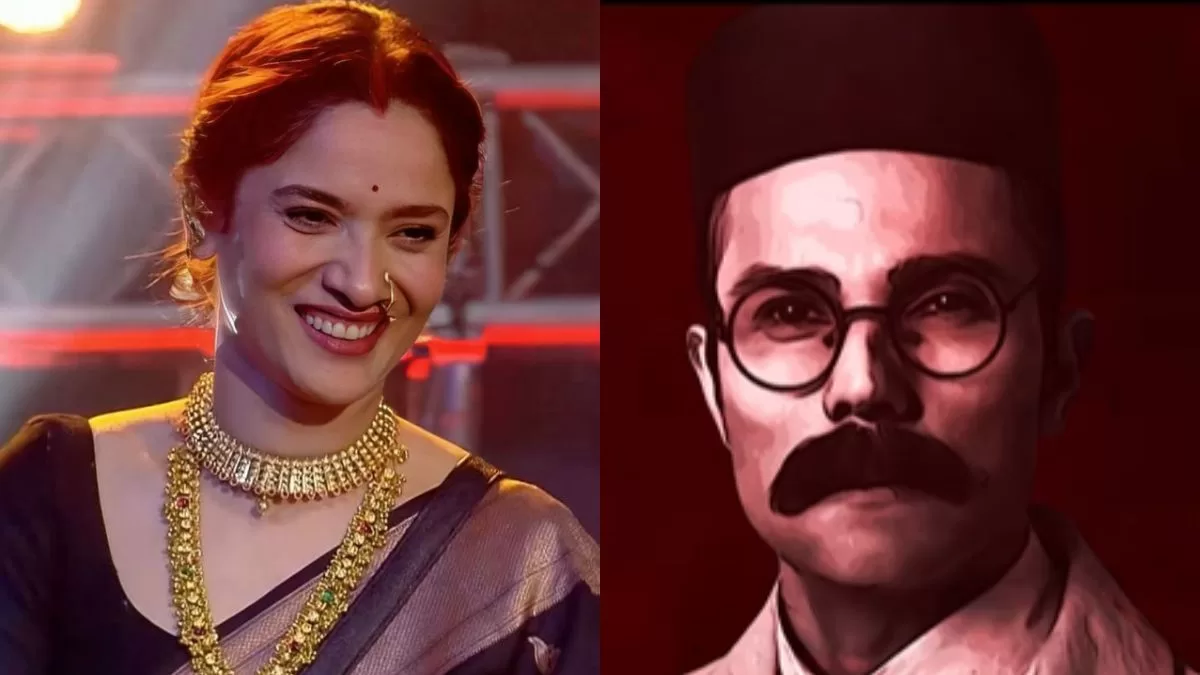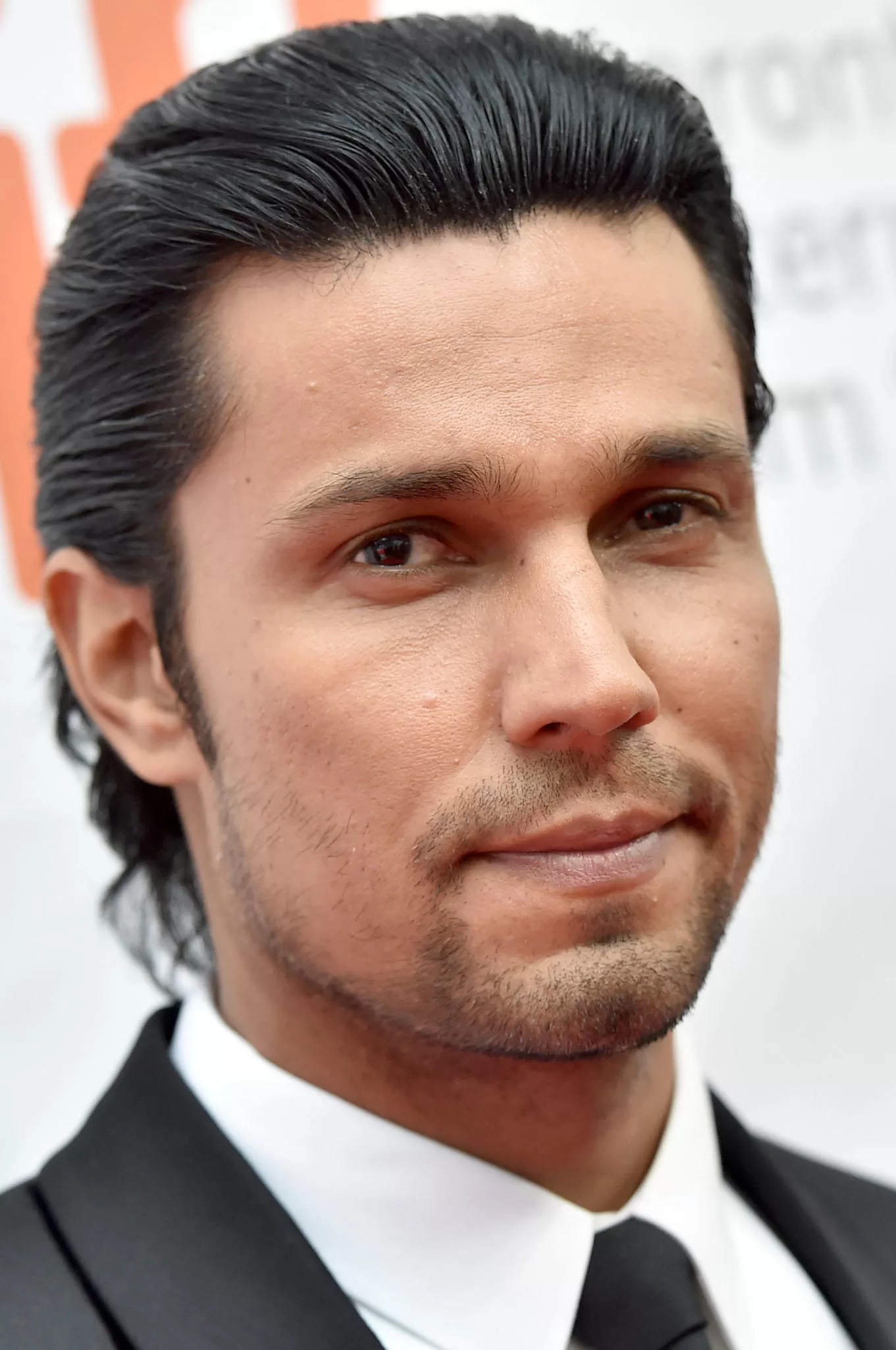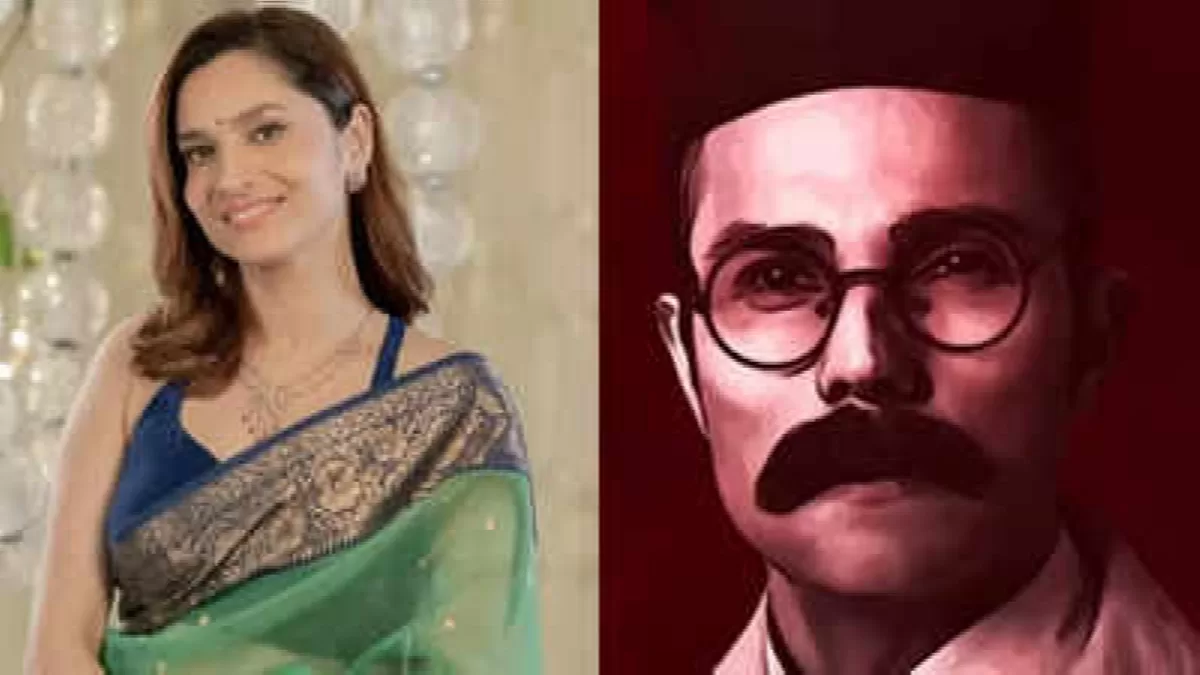Ankita Lokhande, the popular TV actor and the finalist of Bigg Boss 17, has revealed her next project. She will star in Randeep Hooda’s directorial debut, ‘Swatantrya Veer Savarkar’. The film is based on the life of Vinayak Damodar Savarkar, a historical figure in India’s struggle for independence.

What did Ankita Lokhande say?
Ankita Lokhande took to Instagram on Tuesday, January 30, to announce her association with the film and express her excitement about returning to the big screen.
She wrote, “Bringing light to the lost leader from the chapters of history! Starting a new chapter right after BB17 feels extra special. I am grateful to be a part of this project alongside @RandeepHooda, produced by @anandpandit63 and @ZeeStudios_. Don’t miss out on the date, March 22, 2024, in your nearby theatres.”

What is the film about?
The film, ‘Swatantrya Veer Savarkar’, aims to bring light to the captivating journey of Savarkar, known for his visionary ideas and fiery spirit. It promises to showcase his contributions, challenges, and controversies in a compelling narrative.

The film is produced by Anand Pandit and Zee Studios and will be released in two languages, Hindi and Marathi, on March 22, 2024. The film stars Randeep Hooda, Ankita Lokhande, and Amit Sial in the lead roles.
Who is Veer Savarkar?
Veer Savarkar, also known as Swatantrya Veer Savarkar, was a freedom fighter, writer, and politician. He was born in 1883 in Maharashtra and became a prominent leader of the Hindu Mahasabha. He coined the term ‘Hindutva’ and advocated for a Hindu Rashtra.
Savarkar was arrested in 1910 for his involvement in the assassination of a British officer and was sentenced to life imprisonment in the Cellular Jail in the Andaman and Nicobar Islands.
He wrote his famous book, ‘The Indian War of Independence’, while in jail. Savarkar was released in 1921 after agreeing to some conditions imposed by the British government. He continued his political and social activities until he died in 1966.



